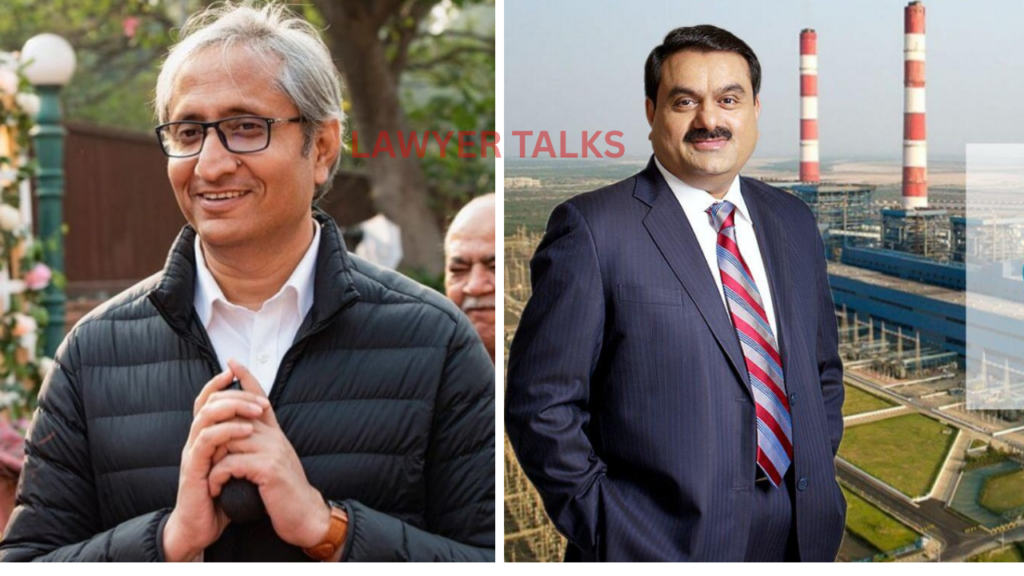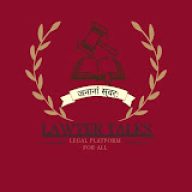Kumar stated that Adani’s defamation lawsuit against journalists, along with the government’s subsequent actions, amounts to a Strategic Lawsuit Against Public Participation (SLAPP).

Journalist Ravish Kumar has moved the Delhi High Court challenging a central government order directing the removal of allegedly defamatory videos about Gautam Adani and his companies from his YouTube channel.
Kumar has said that Adani’s defamation lawsuit against journalists and the subsequent government action represent a “classic Strategic Lawsuit Against Public Participation (SLAPP), designed to silence legitimate journalism through legal intimidation and resource depletion”.
The matter is listed for hearing before Justice Sachin Datta on September 22, Monday.
In a notice dated September 16, the Central government directed Ravish Kumar, along with other YouTubers and news platforms, to “take appropriate action” in compliance with a trial court’s September 6 order to remove allegedly defamatory content related to Adani.
A defamation suit filed by Adani Enterprises Limited (AEL) in Delhi’s Rohini Court had sought to injunct many journalists from writing defamatory stories against the company.
In its September 6 order, the trial court also issued an injunction restraining the named journalists, along with John Doe (unnamed) defendants, from publishing any ‘defamatory’ content about Adani.
In his petition filed through advocate Shantanu Derhgawen, Ravish Kumar has argued that the Central government’s order amounts to an unprecedented and unconstitutional use of executive power, undermining the core principles of democratic governance, press freedom, and the doctrine of separation of powers as enshrined in the Indian Constitution.
Kumar contends that by directing enforcement of a private civil court order without any statutory basis, procedural safeguards, or constitutional justification, the government has breached fundamental principles that have underpinned Indian constitutional law since independence.
He further asserts that the order imposes a form of prior restraint on free speech, infringes upon press freedom and democratic debate, and represents a clear case of administrative overreach.
